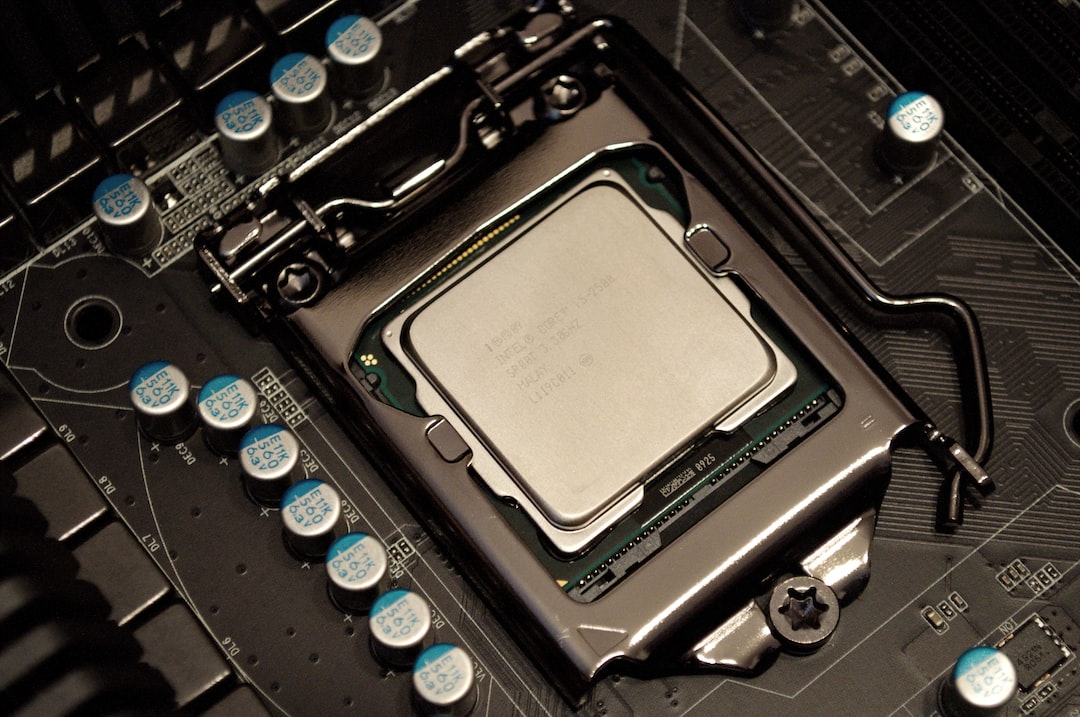The Impact of Social Media on Society and Personal Privacy
Over the past decade, social media has revolutionized the way we communicate, connect, and interact with one another. Platforms such as Facebook, Twitter, Instagram, and Snapchat have become integral parts of our daily lives, shaping society and our perception of privacy. While social media has undoubtedly brought many positive changes, such as increased connectivity and access to information, its impact on personal privacy and society as a whole is a topic of concern.
One of the most significant effects of social media on privacy is the erosion of personal boundaries. With every post and share, individuals willingly provide personal information that was previously considered private. Photos, locations, personal thoughts, and even intimate details are now readily available for friends, followers, and potentially even strangers to see. This shift in perception of privacy has normalized the idea of sharing personal information publicly, leading to heightened vulnerability and potential misuse of data.
Additionally, social media has opened the door to a new level of surveillance and tracking. Companies and advertisers collect massive amounts of data based on our online activities, often without our explicit consent. This information is used to tailor ads, products, and services to our preferences, creating a more personalized but often intrusive experience. The constant bombardment of targeted advertisements and algorithm-driven content can make users feel like they are constantly under surveillance, undermining their sense of privacy and autonomy.
Beyond personal privacy, the impact of social media extends to society as a whole. Social media platforms have provided a platform for individuals to express their thoughts, beliefs, and opinions in a way that was not possible before. While this newfound freedom of expression has empowered marginalized groups and facilitated important social justice movements, it has also contributed to the spread of misinformation and the formation of online echo chambers.
Social media algorithms are designed to show users content that aligns with their existing beliefs and preferences, thus reinforcing pre-existing biases and limiting exposure to diverse perspectives. This can polarize society and deepen existing divisions, reducing the possibility of productive dialogue and understanding. Moreover, the rapid spread of fake news and misinformation on social media has the potential to sway public opinion, disrupt elections, and undermine the trust in traditional news sources.
Furthermore, the pressure to curate a perfect online persona has taken a toll on individual mental health and well-being. Social media has created a culture of comparison and envy, where people constantly compare their lives to the carefully crafted highlight reels of others. This can lead to feelings of inadequacy, low self-esteem, and even depression. Moreover, the constant need to be connected and present on social media can contribute to increased anxiety and a lack of true face-to-face connections.
While the impact of social media on privacy and society at large has raised concerns, it is essential to acknowledge the positive aspects as well. Social media has democratized the spread of information, giving a voice to those who may have been previously unheard. It has facilitated social movements, raised awareness about important social issues, and helped connect individuals across continents. It has allowed people to maintain relationships regardless of distance and has increased access to educational resources and opportunities.
In conclusion, social media has undoubtedly had a significant impact on society and personal privacy. While it has brought numerous benefits, it has also blurred the lines of personal boundaries, increased surveillance, contributed to the spread of misinformation, and harmed individual mental health. Balancing the benefits of social media with the need for privacy and well-being requires critical examination of our online behaviors and the development of regulations that protect individual rights. Ultimately, the impact of social media depends on how we navigate and shape its use in our lives.
